The ethos of drama in education today owes an enormous debt to the inspiration of one woman. Dorothy Heathcote (MBE) began her working life as a weaver in a Yorkshire worsted mill at the age of 14 and, despite failing her 11-plus, became a lecturer at Durham University by the age of 24. She went on to develop an unorthodox yet empowering approach to educational drama that fired the imaginations of children and inspired the work of teachers and academics across the world for the next six decades.
Sadly Dorothy died in October 2011 but she leaves behind a legacy of approaches such as drama for learning, teacher in role and process drama which continue to be developed, spawning a wide range of drama strategies. Her obituary can be read here and in the video below you can watch part of Three Looms Waiting, an inspiring film about this down-to-earth yet extraordinary pioneer, made by the BBC in 1974.
From the 1960’s onward, Dorothy Heathcote and Gavin Bolton developed the Mantle of the Expert(MoE) approach. This is based on the premise that treating children as responsible experts increases their engagement and confidence. They can perceive a real purpose for learning and discovering together in an interactive and proactive way – gathering skills and knowledge they can apply to their everyday lives. While the focus is on the enquiry process, it can often lead to real outcomes such as writing letters, printing leaflets or designing products.
Being treated as experts empowers pupils to actively explore issues across the curriculum, assume responsible roles, solve problems and make decisions in guiding the process and its outcomes. The technique can be used as a stand-alone activity within a drama session but is most effective when used over an extended period of time as children’s engagement becomes heightened so that they are keen to learn more.
A problem or task is established and the pupils are contracted-in or ‘framed’ as an enterprise or business – a team of experts using imaginative role- play to explore the issue. Usually an imaginary client such as a museum commissions the class – for example as a team of archaeologists to excavate a newly discovered tomb in Egypt. It is possible to link the project with real organisations which can write to the students, invite them to visit or even send representatives in role to the classroom.
The second video shows Dorothy Heathcote leading MoE sessions with a class of children in North East England in the 1980’s.
In the UK, many schools have found Mantle of the Expert to be a highly effective strategy and have adopted it as a whole-school cross-curricular approach. It is well worth visiting mantleoftheexpert.com which provides information, training courses and in-depth lesson plans.

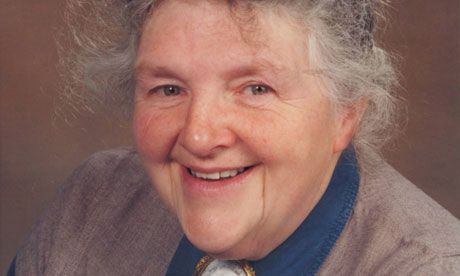

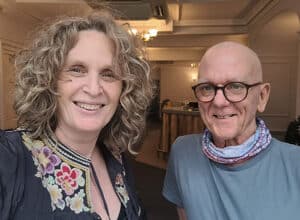
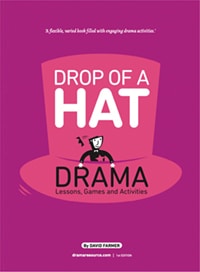
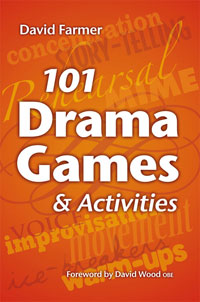
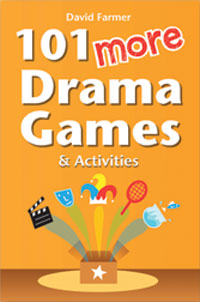
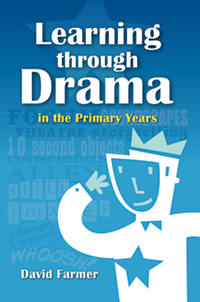
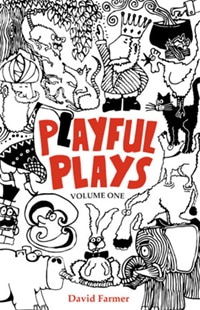
You must be logged in to post a comment.